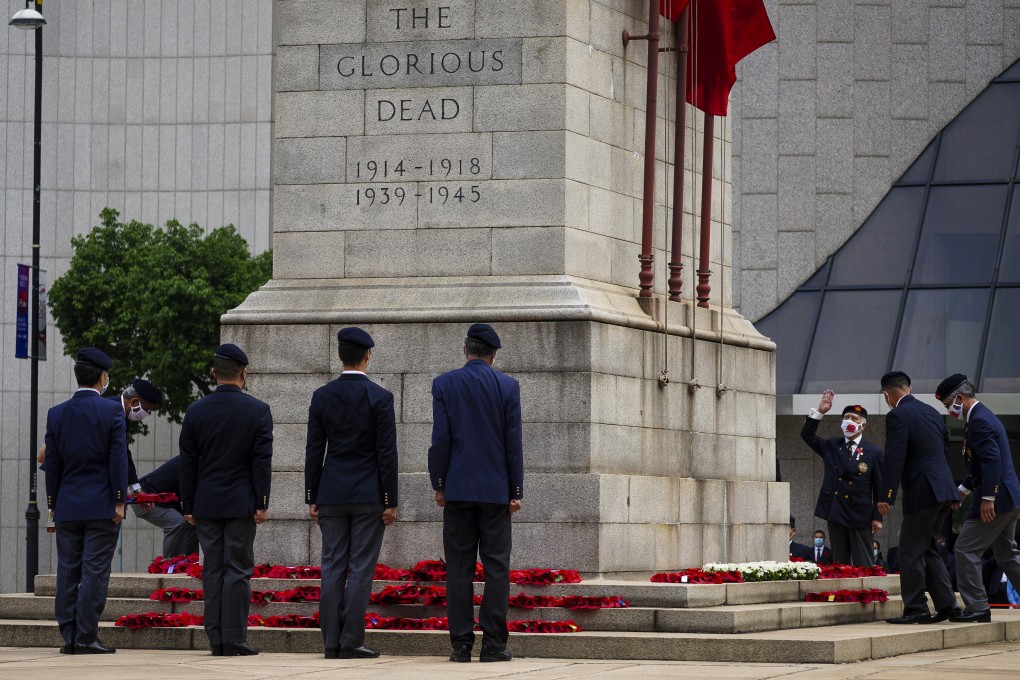Letters | Remembrance Day is an opportunity to reckon with the possibility of a third world war
- Readers pay tribute to the sacrifices made by those who fought in World War I, and argue that military weapons may provide the conditions for peace

This Remembrance Day, we must remember not only the sacrifice of all those caught up in our wars but also why those wars were fought. Primarily, the two world wars were fought to defend democracy and, ironically, to secure peace between nations.
Regrettably, these two objectives haven’t been fulfilled. Around the world, democracy is currently under tremendous stress – and wars continue with another global military conflict a real and frightening possibility.
Last Remembrance Day, Urrbrae Agricultural High School in South Australia had a wonderful school student assembly in honour of Lance Corporal Geoffrey Allanson and other fallen old scholars of the school.
Allanson died in 1943, at the age of 26, in the notorious Japanese Naoetsu prisoner of war camp from beriberi and “general weakness”. We know from his letters back home that he believed without question that the Allied cause was a noble one.
The young students who took part in the assembly – and their contemporaries around the world – may be cannon fodder for any future global conflict.
This Remembrance Day, all global citizens of good conscience, in the Indo-Pacific region and beyond, must ask themselves what kind of apportionment of global power and influence between the West and China, between Russia and the West, between dictatorship and democracy, we would accept – and how many young lives, if any, we would be prepared to sacrifice – if diplomacy were to fail with a third world war its consequence.